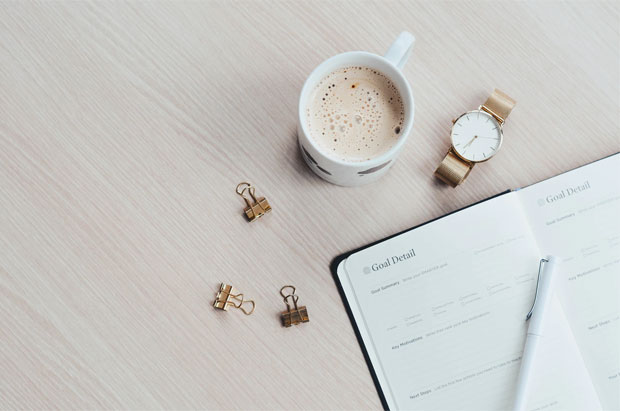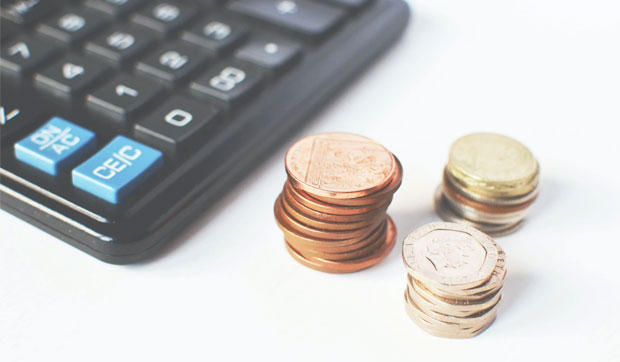Tips to Manage Your Household Bills
Tips to Manage Your Household Bills
Being financially organised doesn’t have to be as complicated as it sounds. Yes, you have to put a little bit of effort in to get started but after that it will be easy to manage your household bills with the new routines you’ve set in place.
After all, you don’t want to lose money because you’ve forgotten about bills and have to pay late fees or because money has come out of your account and you’re now in your overdraft.
It’s time to get organised and manage your household bills better and save money at the same time. Here’s how:
Know What’s Coming Out Each Month (and When)
Make a list of all the payments that come out of your account every single month and how much they are. Some of them might fluctuate, like utility bills and phone bills so keep that in mind and write down the most it would be.
It’s also a great idea to try to get all your bills to come out of your account on the same date each month, say the first of the month. Then you can get a good overview of how much money you have left over to spend and save.
Keep checking and review your budget regularly to see if there’s anything that you could cut down on or change suppliers to save money.
Some months will be more expensive, like December with Christmas or August when you have to get new school uniform and new school shoes for the kids. These months might need their spending budgets adjusting so coordinate your spending accordingly. There are lots of budgeting apps that you can use for this and many are available for free online.
Some costs you can’t predict exactly, like your food shopping costs. Instead, put down what you would like to spend each week or month and try to stick to it. Write down the true costs and work out the weekly average at the end of the month to see if it’s anywhere near what you wanted.
Then there are sometimes emergency expenses. Maybe your washer/dryer breaks or your car needs extensive repairs. It’s a good idea to have a rainy-day fund for things like this, but if you don’t, you can get a short-term Growing Power loan to cover a critical bill. Just remember to make paying the loan back a priority for the next month.
Keep All Your Paperwork or Files in One Place
It’s important to keep all important paperwork or digital bills in the same place so that you can easily find them if needed so organise your bills. Keep them neatly in a folder near your home desk or organise your paperless statements in folders on your computer or in your emails.
It’s also a good idea to have a checklist for all the bills you’re expecting so that you can tick them off as you pay them, making sure you’ve not missed any important bills.
Have a Separate Bank Account for Bills
Having a minimum of three bank accounts is a good idea; one for spending, one for saving and one for bills. These can be personal or together with your partner. Using a separate bank account for your household bills can make staying financially organised easier. It also helps if you’re paying bills together with your partner as you can both deposit money into the bills account for your shared bills. Then you can use your other account for spending, making it easier to keep track of how much money you have left to spend each month. This will help you stick to your budget!
See, it’s not that complicated to manage your household bills, after all. Follow the tips in this post and you’ll never miss a bill payment again and can enjoy spending your spending money without worrying about forgotten bills.
Collaborative Post.








